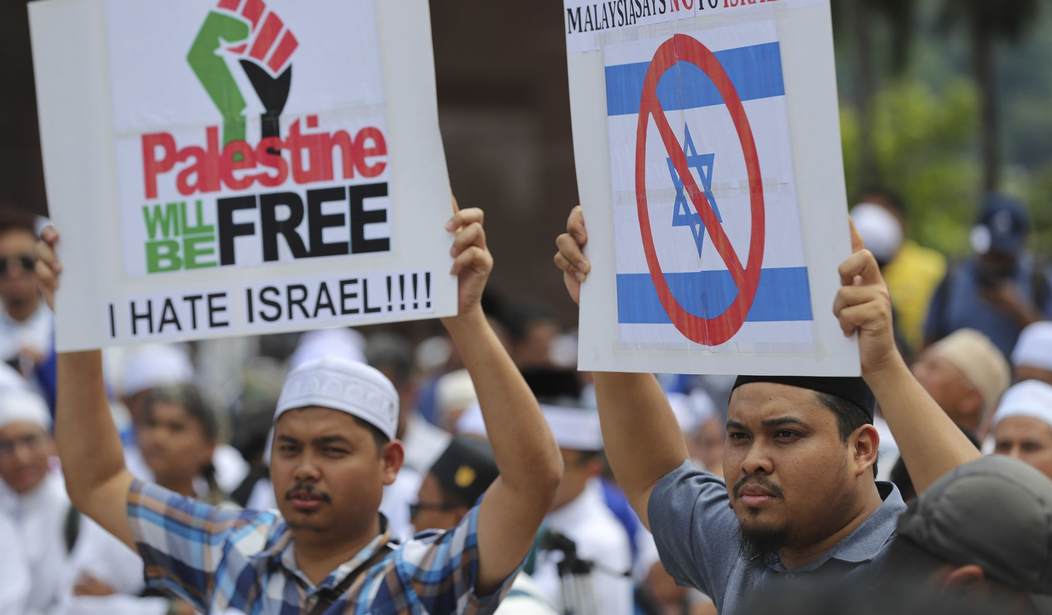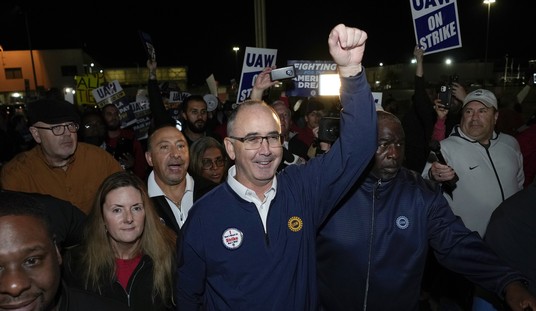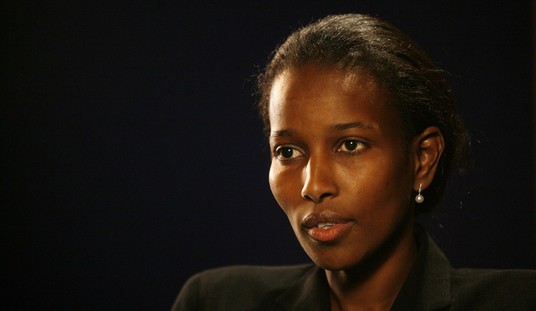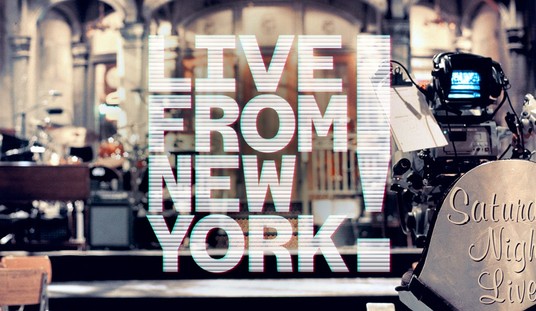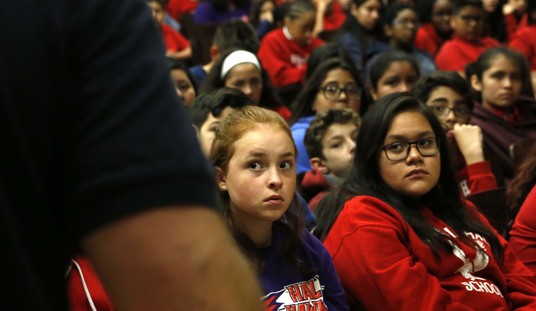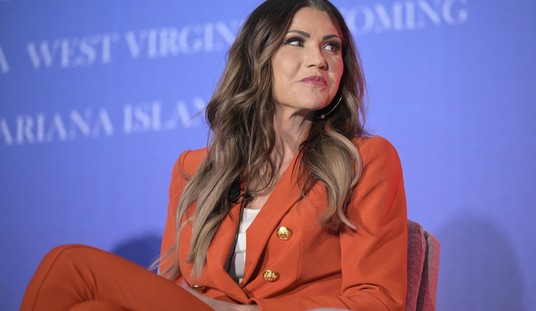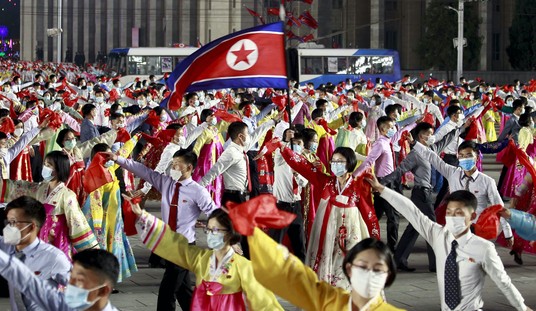The ongoing debate about issues involving free speech vs. cancel culture became prominent over the past decade and it became fashionable, especially on the left, to launch entire digital media campaigns to attack prominent individuals who voiced opinions with which they disagree. We have seen full-on efforts to “cancel” famous comedians, actors, and other public figures for past and present offenses they may have inadvertently committed.
Backlash against this trend has come from people on the left and right who argue in favor of the ability to express one’s opinions without fear of retribution. While the First Amendment applies to the government limiting speech, opponents of cancel culture argue that such actions violate the spirit of the law, which promotes the idea of free expression in a free society.
But there is an element of this equation that often goes overlooked: Freedom of association.
Cancel culture is characterized by public shaming and efforts to destroy the careers of those it targets. It does not apply only to famous individuals – there are many regular folks who have lost their jobs after having past statements on social media or elsewhere dredged up. A recent example can be found in the fiery discussion over the war between Israel and Hamas.
People on both sides of the issue have opined on the matter, with some supporting Israel’s right to defend itself and those arguing in favor of the Palestinians. However, some who seemed to support Hamas, the terrorist organization that started the current conflict, have faced consequences for expressing their opinions.
Still, in the immediate aftermath of the attacks, some people actually came out in open support of Hamas' atrocities, justifying them and blaming Israel for the murder of its own people. Joint letters were put out by universities and protests were held with chants glorifying Hamas "martyrs."
Naturally, some companies decided that was a bridge too far and rescinded job offers to those who participated, and now the crying has begun.
Ryna Workman, a New York University law student and president of the student bar association, lost a job opportunity after arguing that Israel was to blame for the war, which has killed over 1,400 Israelis, many of whom were civilians and children. “This regime of state-sanctioned violence created the conditions that made resistance necessary,” she wrote in a message to students. “I will not condemn Palestinian resistance.”
Former porn star Mia Khalifa was fired from Playboy for writing posts on social media in which she argued that those who do not side with the Palestinians “are on the wrong side of apartheid.”
Those on the pro-Palestinian side cried foul while those supporting Israel argued that the cancelations were warranted. Others, like RedState’s Bonchie, accurately pointed out that the left, who are currently the primary proponents of cancel culture, “wanted a world where people get publicly and professionally punished for the things they say.”
Folks on the free speech side of the equation argue that cancel culture stifles free speech. But what about upholding the concept of freedom of association? Is it always wrong for a company or other organization to cut ties with individuals who make statements that do not align with their values?
Let’s say I, as a black man, owned a media company, and one of my employees made disparaging and racist comments about the black community or another ethnic group. I’d fire the person in a heartbeat. Why? Because my values do not align with racists.
Would anyone bat an eye?
Maybe so, maybe not. But I’d likely laugh at those claiming I suppressed that individual’s free speech. People can say whatever they want. While I would never condone using the force of government to stop them, it does not mean I would ever want to associate with such a person.
Yet, I still see the prevalence of cancel culture as a societal cancer. It relies almost fully on pressuring companies or organizations to sever ties with people who make comments some find offensive – even if they are not actually evil or hateful. There is a difference between firing someone because they hold views you do not align with and doing so because the mob pressured you to.
If an organization truly does not wish to associate with someone who has particular beliefs, then I have no problem with said organization not working with them anymore – even if I disagree with the organization’s stance. What I do have a problem with is freedom of association being wielded as a political weapon by cultural authoritarians who eschew the idea of free expression and spirited debate. These people are not content with pitting their ideas against those of another – they seek to force their views on everyone else by using societal pressure.
The issue is a tough nut to crack, for sure. The problem is a lack of balance, from where I sit. Even those who love cancel culture have the right to express their displeasure at those who hold views they disagree with. On one level, people have to be willing to take the consequences for expressing their views. But on another level, we must have a society that does not promote bowing to people's efforts to impose their views on everyone else, whether through cancel culture or the weaponization of the government.

